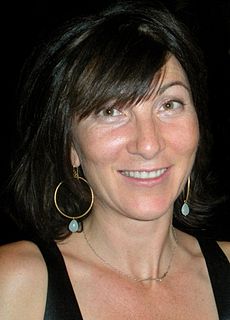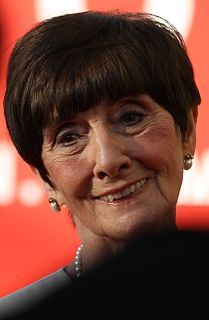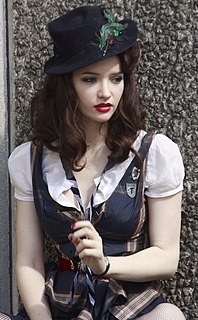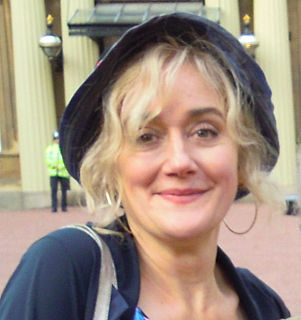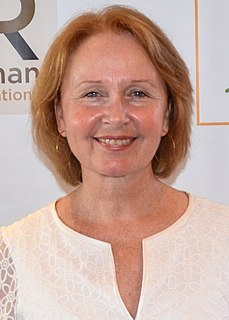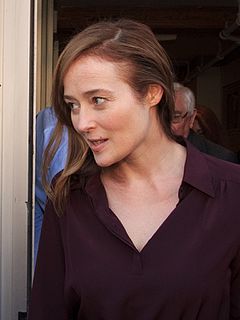A Quote by Eve Best
If you're a woman doing classic theater, the big roles are often destroyers. I've played Hedda Gabler, Lady Macbeth, some of the Chekhovian heroines, Electra, Phaedra - they're all powerful women, but they're forces of negativity.
Related Quotes
With a role like Hedda Gabler, which is incredibly complicated, you often feel that you haven't even scratched the surface the first time around, so you relish the opportunity to do it again, particularly with an ensemble of actors and the company we assembled. But when you do that in films you somehow have to make some attempt to uncross people's arms and you have to justify why you're doing it.
'Beauty Queen' is the weirdest, strangest, and most perfect play to do before 'Hedda Gabler', because there are so many similar issues for Maureen and Hedda. I had played leading ladies before but couldn't really hook into them. After 'An American Daughter' and 'Beauty Queen', I had all the ballast.
Women sometimes really love to look at other beautiful women on the screen. But they don't look at a woman the way a man looks at a woman. They want to be that woman. They like if a woman is beautiful or sexy, especially if she's powerful. They like to see her catch a man, or to be powerful in the world. I think this is why a lot of women love noir films and classic films because they can really identify with these really strong, beautiful women. That's the kind of power that women have lost culturally.
